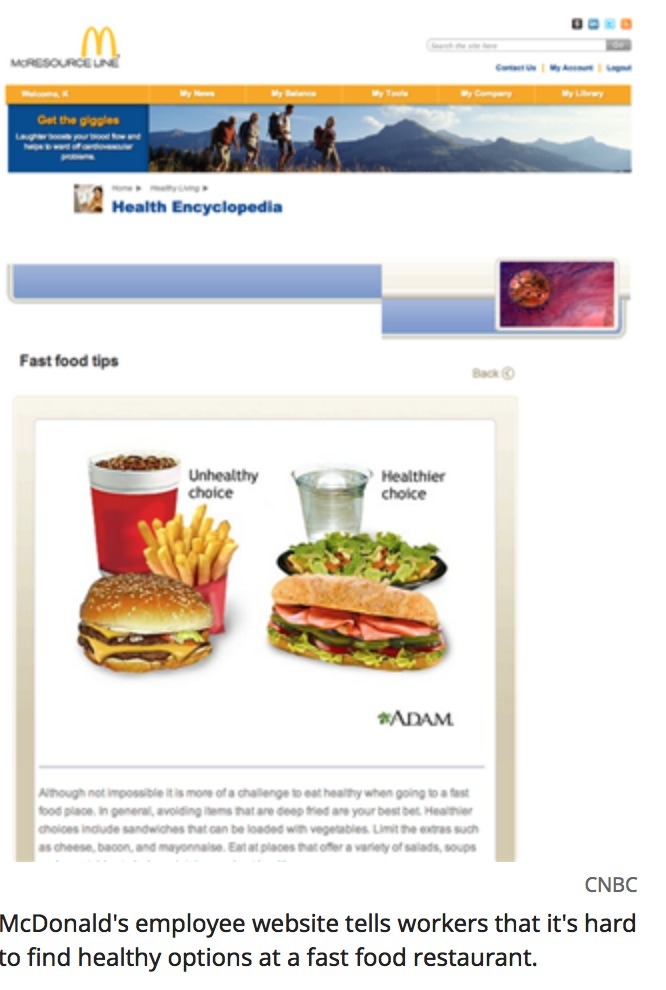Submitted by Mark Spitznagel via Institutional Investor,
Happy 100th Birthday, Federal Reserve – Now, Please Go Away
Nearly 100 years ago, on December 23, 1913, the Federal Reserve Act was signed into law, giving the U.S. exactly what it didn’t need: a central bank. Many people simply assume that modern nations must have a central bank, just as they must have international airports and high-speed Internet. Yet Americans had gone without one since the 1836 expiration of the charter of the Second Bank of the United States, which Andrew Jackson famously refused to renew. Not to be a party pooper, but as this dubious anniversary is observed, we should ask ourselves, Has the Fed been friend or foe to growth and prosperity?
According to the standard historical narrative, America learned a painful lesson in the Panic of 1907, that a “lender of last resort” was necessary, lest the financial sector be in thrall to the mercies of private capitalists like J.P. Morgan. A central bank — the Federal Reserve — was supposed to provide an elastic currency that would expand and contract with the needs of trade and that could rescue solvent but illiquid firms by providing liquidity when other institutions couldn’t or wouldn’t. If that’s the case, then the Fed has obviously failed in its mission of preventing crippling financial panics. The early years of the Great Depression — commencing with a stock market crash that arrived 15 years after the Fed opened its doors — saw far more turmoil than anything in the pre-Fed days, with some 4,000 commercial banks failing in 1933 alone.
A typical defense acknowledges that the Fed botched its job during the Great Depression, but once the wise regulations of the New Deal were put into place, and academic economists realized just what had gone wrong during the 1930s, it was relatively smooth sailing from that point forward. It would be silly, these apologists argue, to question the advantage of central banking now that we have learned so many painful lessons from experience, which Fed officials take into account when making policy decisions.
What about the excruciating pain of the recent past, dubbed the Great Recession of 2008 and 2009? In the five years from 2008 to 2012, almost 500 banks failed. What would history need to look like for people to agree that the Fed has not done its job?
But wait! The Fed is necessary to the promotion of stable economic growth — or so the conventional wisdom says. The idea is that without a central bank, the economy would be plagued by wildly oscillating business cycles. The only hope is a countercyclical policy of raising interest rates to cool an overheating boom, and then slashing rates to turn up the flame during a bust.
In actuality, the Fed’s modus operandi has been to trick capitalists into doing things that are not aligned with economic reality. For example, the Fed creates the illusion, through artificially low interest rates, that there are both higher savings and higher consumption, and thus all assets should be worth more (making their holders invest and spend more — can you say bubble?). The perpetuation of this trickery only delays the market’s eventual, and often precipitate, return to reality.
Many economists now recognize that the massive housing bubble of the early and mid-2000s was caused by the artificially low interest rate approach of Alan Greenspan’s Fed, enacted in response to the dot-com crash (itself the ostensible result of artificially low rates). At the time, this was viewed as textbook pro-growth monetary policy: The economy (allegedly) needed a shot in the arm to get consumers and businesses spending again, especially after the 9/11 attacks.
It appears those textbooks are wrong. Economists George Selgin, William Lastrapes, and Lawrence White analyzed the Fed’s record and found that even focusing on the post–World War II era, it is not clear that the Fed has provided more economic stability when compared with the pre-Fed regime, which was characterized by the national banking system. The authors concluded that “the need for a systematic exploration of alternatives to the established monetary system is as pressing today as it was a century ago.”
In other sectors, we don’t normally defer to a committee of a dozen experts to set prices. Yet this is what the Fed does with its Open Market Committee, which routinely sets a target for the federal funds rate as well as other objectives. If we all agree that central planning and price-fixing don’t work for computers and oil, why would we expect them to bring us stability in money and banking?op09
On this, the 100th birthday of the Fed, it’s time to ask ourselves: Wouldn’t we be better off without a central bank?
![]()
via Zero Hedge http://feedproxy.google.com/~r/zerohedge/feed/~3/-BvgpDmKaLI/story01.htm Tyler Durden














